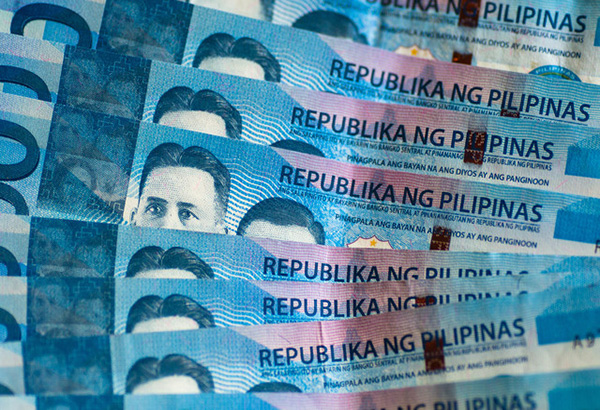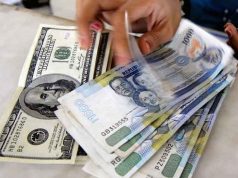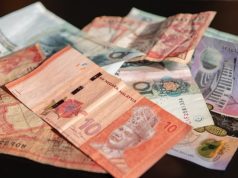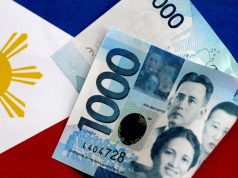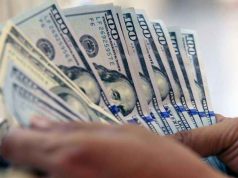MANILA – The Philippine Stock Exchange index (PSEi) remained strong Wednesday following President Rodrigo Duterte’s declaration of martial law in Mindanao, but the peso shed against the US dollar.
The main stocks index rose 0.33 percent, or 25.68 points, to 7,837.82 points, which a trader attributed to investors remaining positive on the domestic market despite the latest developments in Mindanao.
Martial law was declared in the country’s southernmost island group Tuesday night as government troopers pursued members of the terrorist group Maute in Marawi City, Lanao del Sur.
Armed Forces of the Philippines (AFP) public affairs office chief, Col. Edgard Arevalo, on Wednesday assured the public that the military is in full control of the situation in Marawi City.
Most of the counters in the local bourse posted increases Wednesday with All Shares tracking the main index after it rose 0.20 percent, or 9.33 points, to 4,671.49 points.
Half of the sectoral indices also registered increases, namely Industrial, 1.16 percent, Property, 0.90 percent, and Financials, 0.21 percent.
On the other hand, Mining and Oil, Services, and Holding Firms declined by 0.70 percent, 0.36 percent, and 0.19 percent, respectively.
Volume for the day reached 1.05 billion shares amounting to PHP5.9 billion.
Decliners led advancers at 97 to 94 while 45 stocks did not move.
The local currency was not as strong as the local equities market after it touched the 50-level during the day.
It finished the day’s trade at 49.99 from 49.82 a day ago, which a trader attributed to the Marawi City situation.
The local unit opened at 49.95 and traded between 50.00 and 49.93, resulting in an average of 49.96.
Volume of trade reached USD582.4 million, higher than the USD572 million a day ago.
The trader expects the local unit to trade between 49.80 and 50.00 against the greenback Thursday.
Meanwhile, ING Bank Manila senior economist Joey Cuyegkeng, in a research note, said the declaration of a state of emergency is more appropriate than martial law in Mindanao.
“The declaration implies that government has lost control of the situation in Mindanao, when in fact the incident is isolated,” he said.
Cuyegkeng said the President has repeatedly voiced out a possible plan to declare martial law to fight terrorist activities and this, he said, will “likely give him more leeway to address the overall peace and order situation in the island, including the activities of not only extremist groups but likely also to address the activity of the armed wing of the Communist party.”
He also said that the impact of this latest development on the financial markets is “likely to be limited and calm (will) likely return after the initial reaction”.
“The problem is that markets are also affected by the surprise Moody’s credit rating downgrade of China by one notch this morning,” he added.
Moody’s Investors Services cut its credit rating on the world’s second largest economy to A1 from Aa3 due to the ballooning debt level of the government but the outlook was changed to stable from negative, citing that risks are now balanced.
A1 is the fifth highest investment grade rating of Moody’s Investors’ Service while the highest is Aaa.

